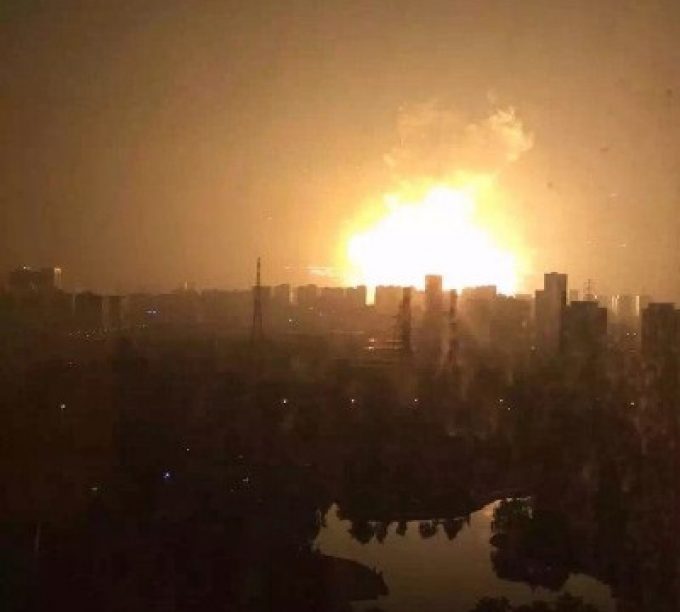Canadian west coast port strike back on – and then off, for now
The renewed strike at 30 Canadian ports has been called off, for now, after a ...

The proliferation of automated terminals around the globe are seeing union pushback, not just because of the loss of jobs, but also because they pose new challenges around safety, according to one union chief.
Speaking exclusively to The Loadstar, president of the International Longshore Workers Union ...
Keep our news independent, by supporting The Loadstar
Four crew members still missing as Wan Hai 503 continues to burn
Explosions and 'out-of-control' fire reported on Wan Hai box ship
Carrier price hikes hold, driving spot rates higher as space gets scarcer
Crew forced to abandon ship in latest fire on vessel carrying EVs
The Loadstar Podcast | Transport Logistic and Air Cargo Europe 2025
Transpacific rates ease as capacity boost proves too much for trades to digest
Turkish Airlines falls foul of air safety regulations, claims India's aviation authority

Comment on this article